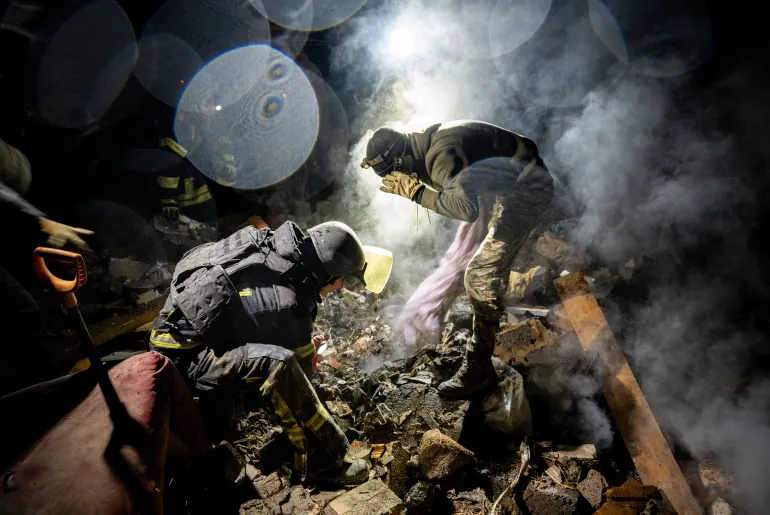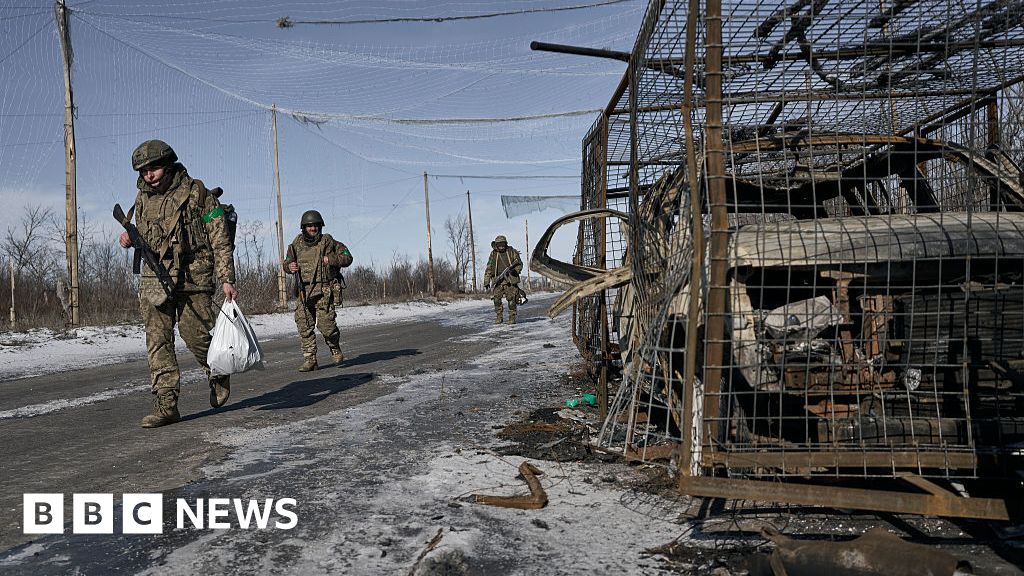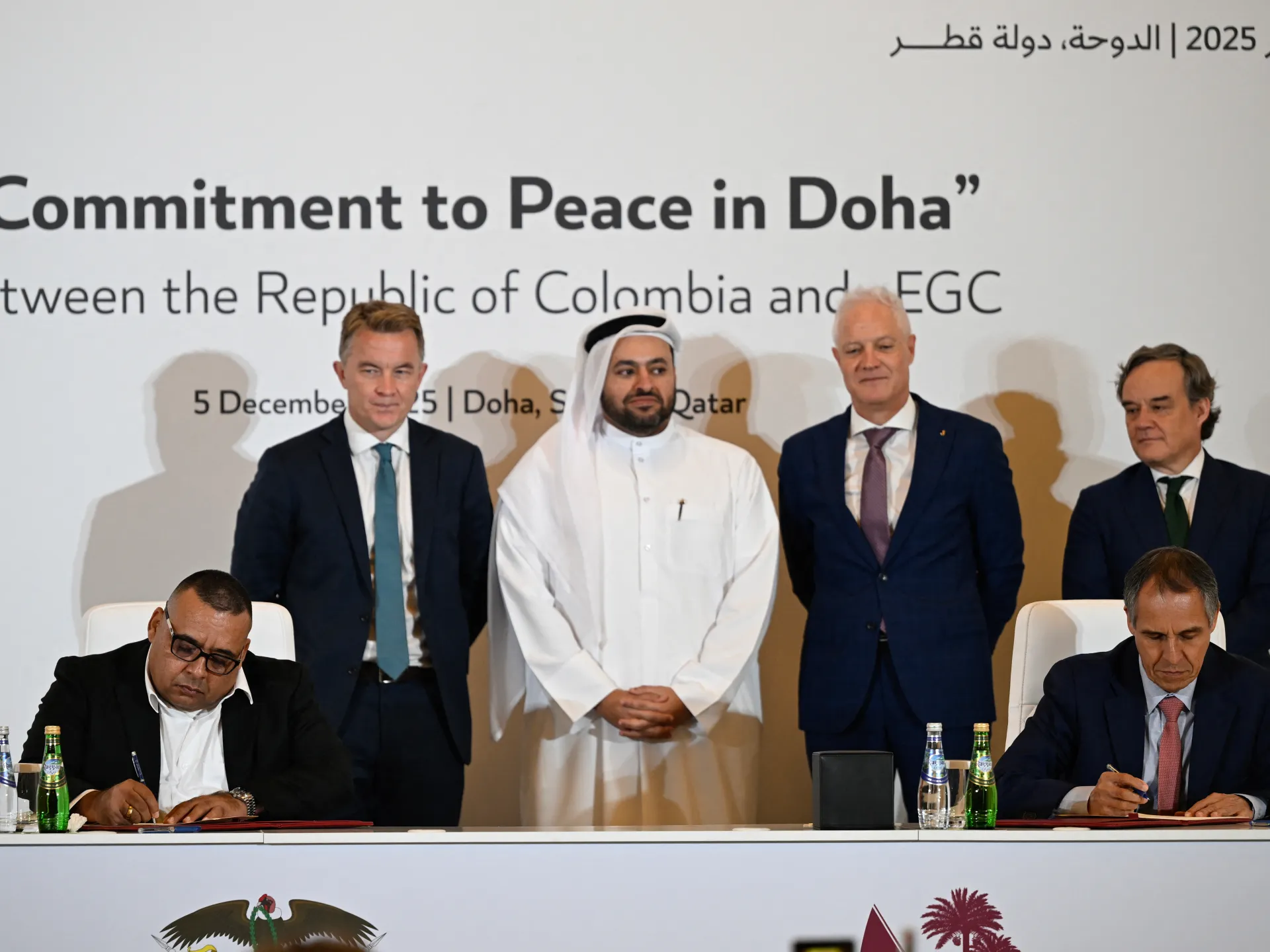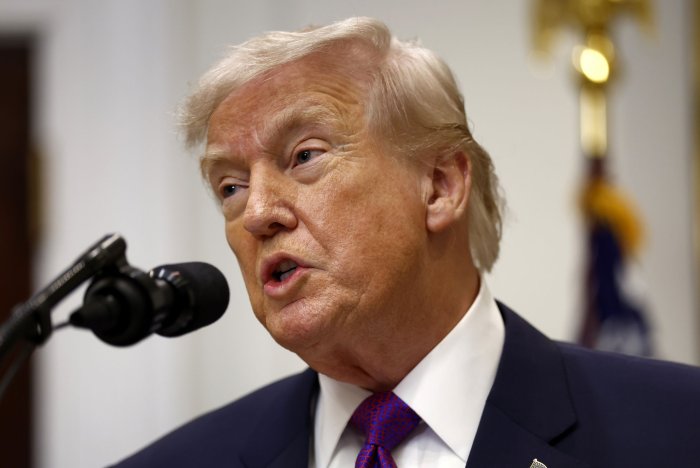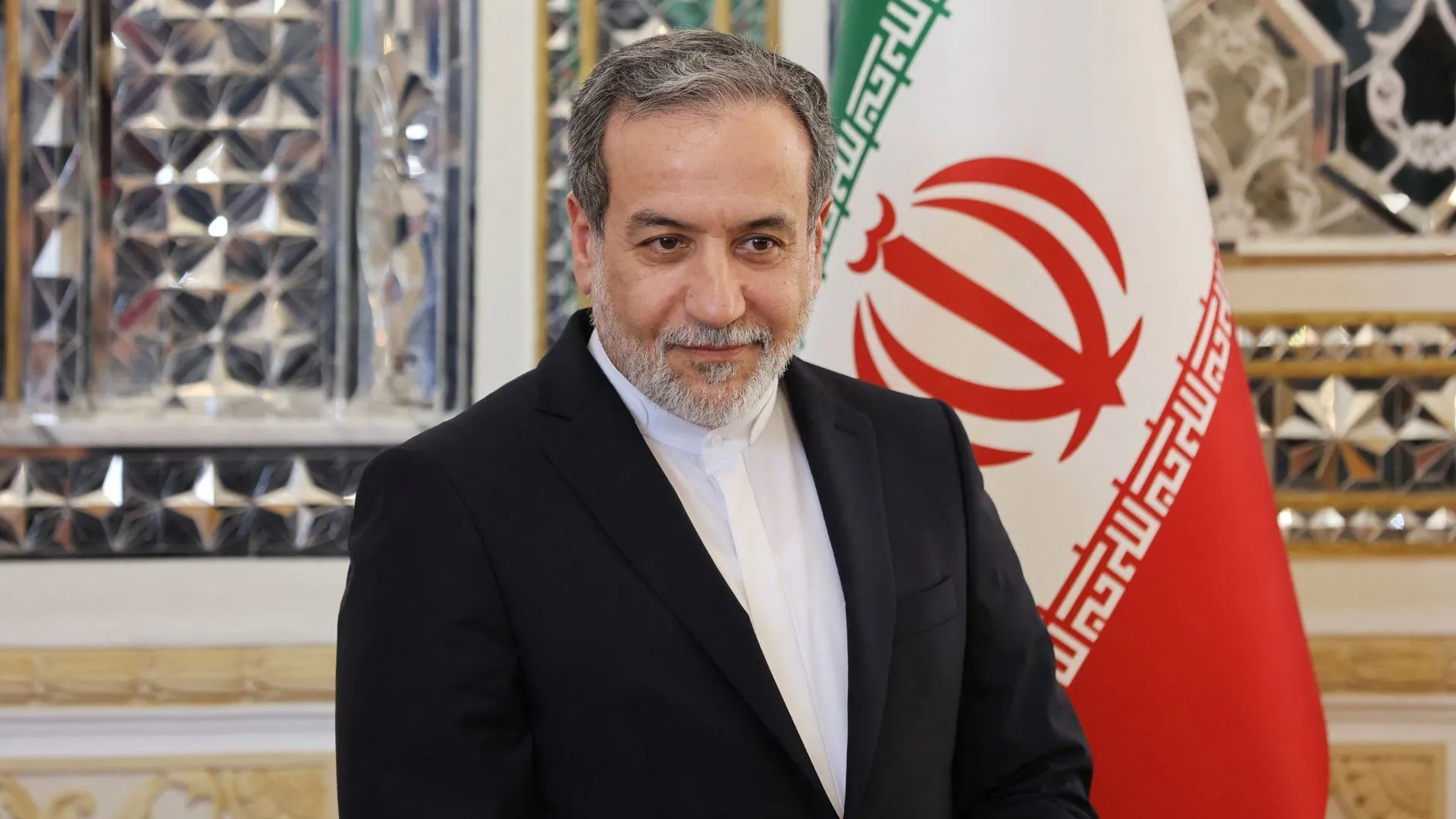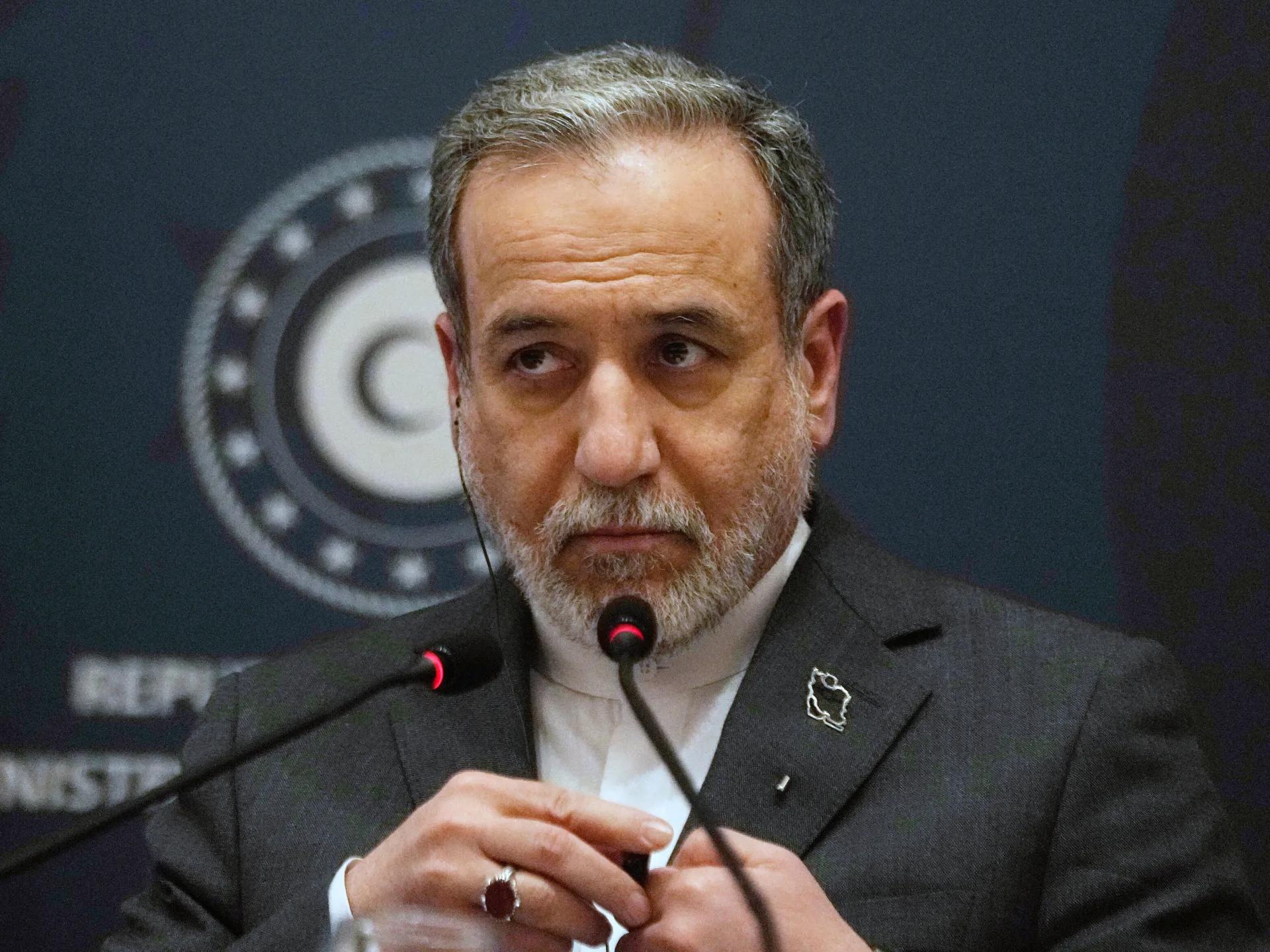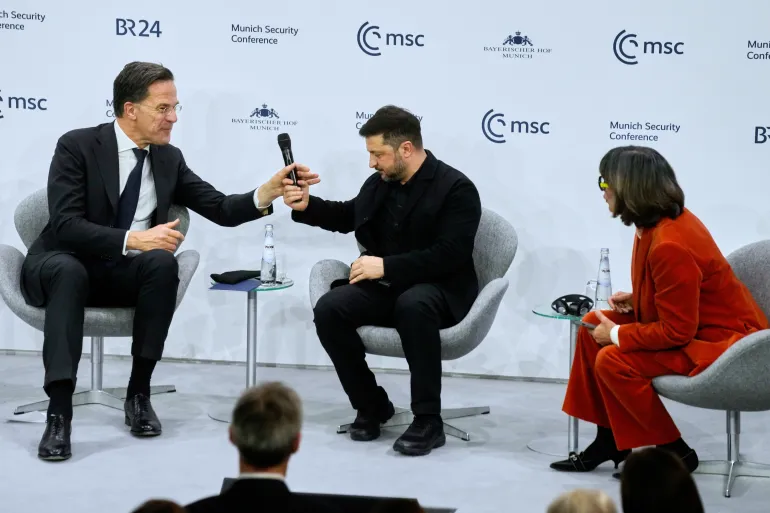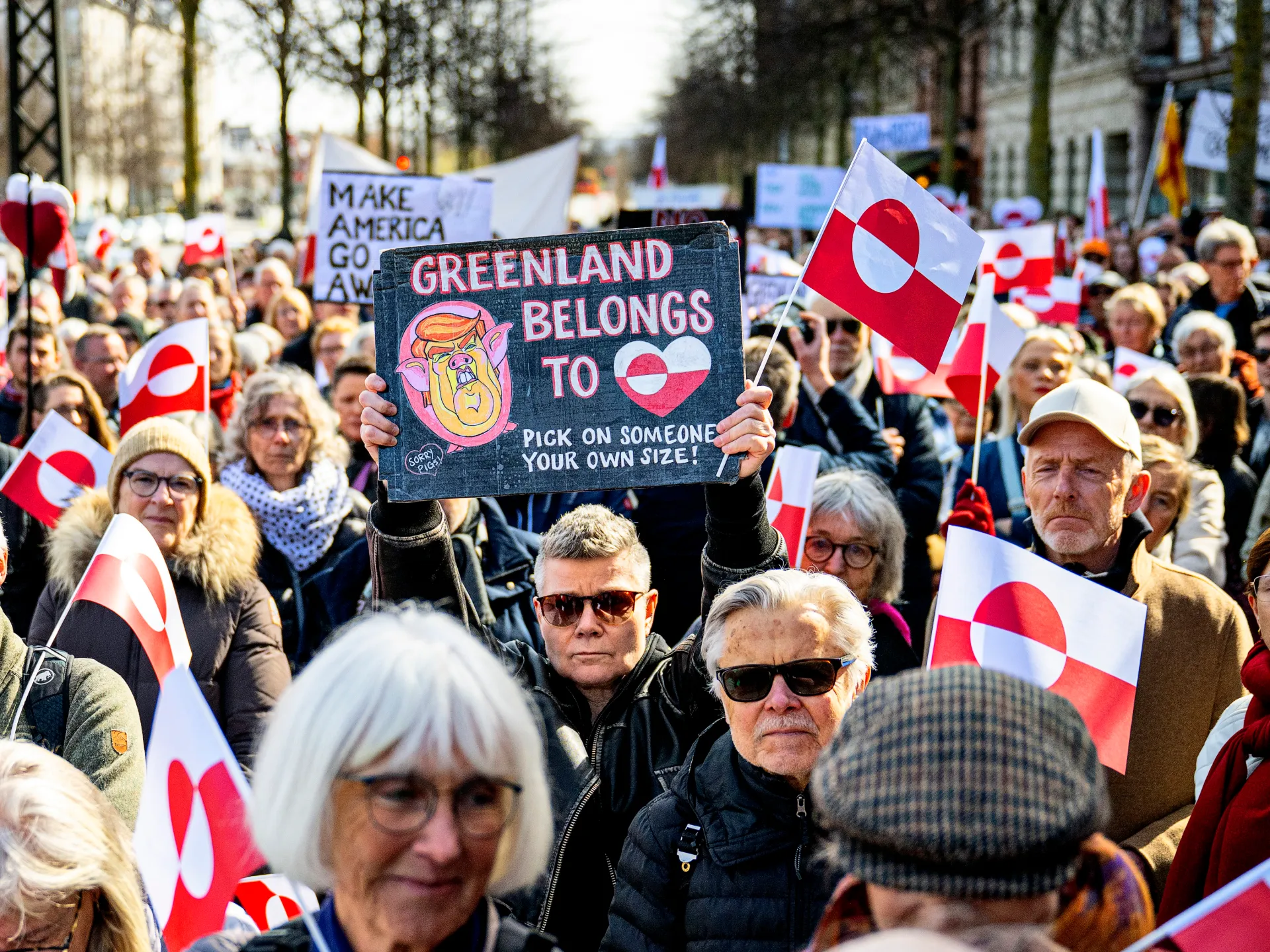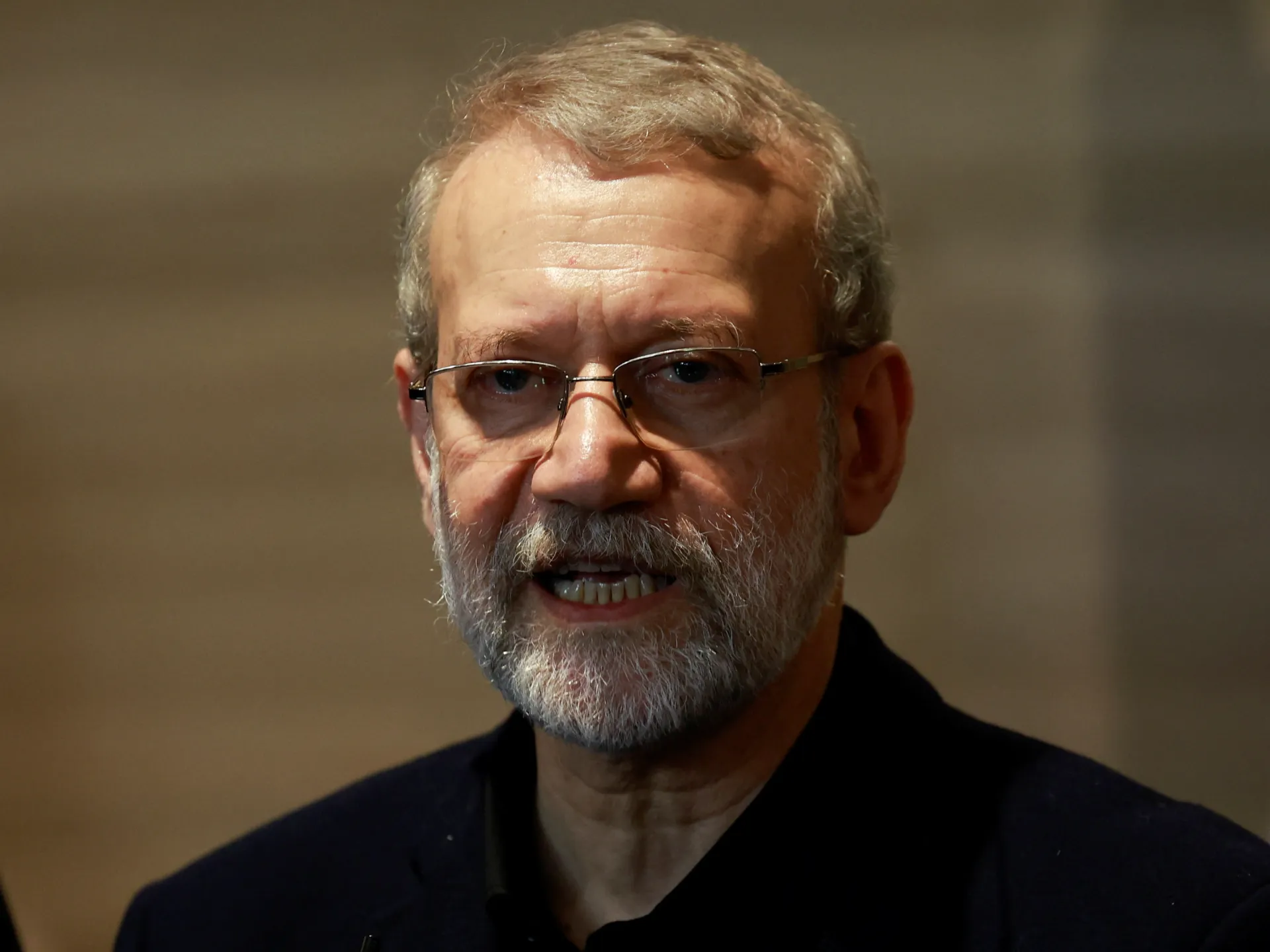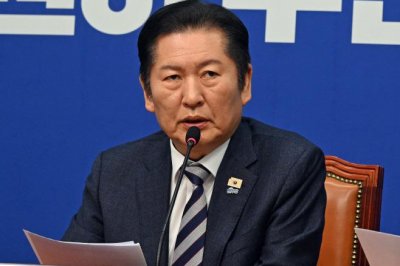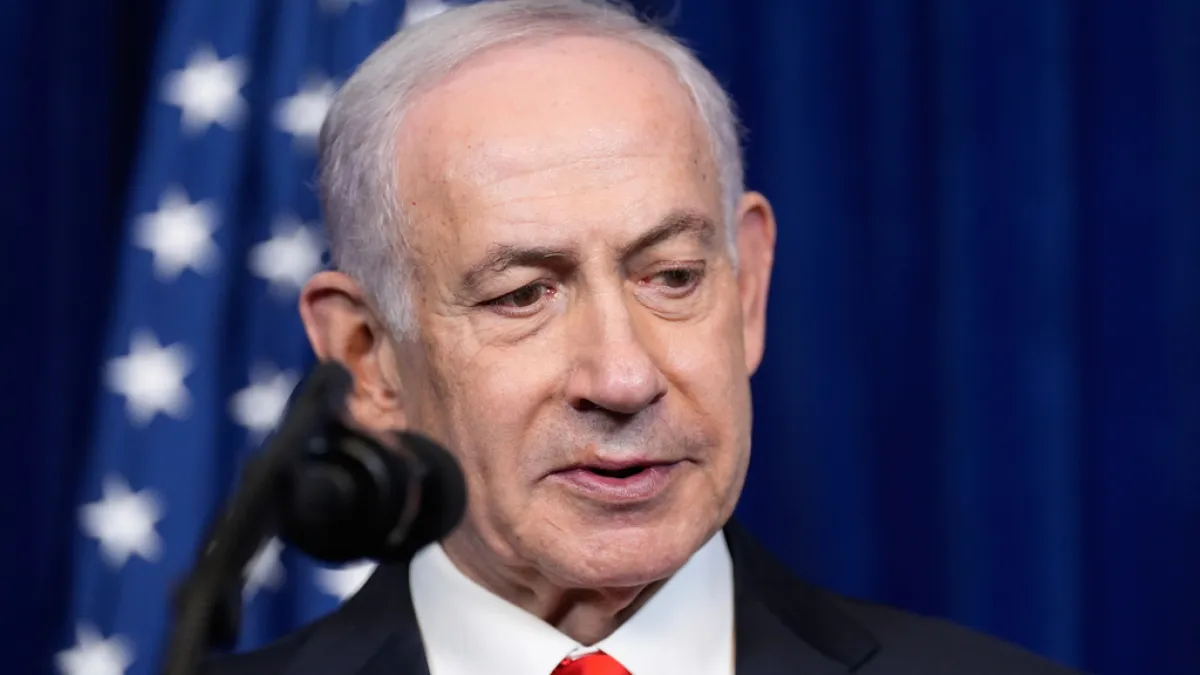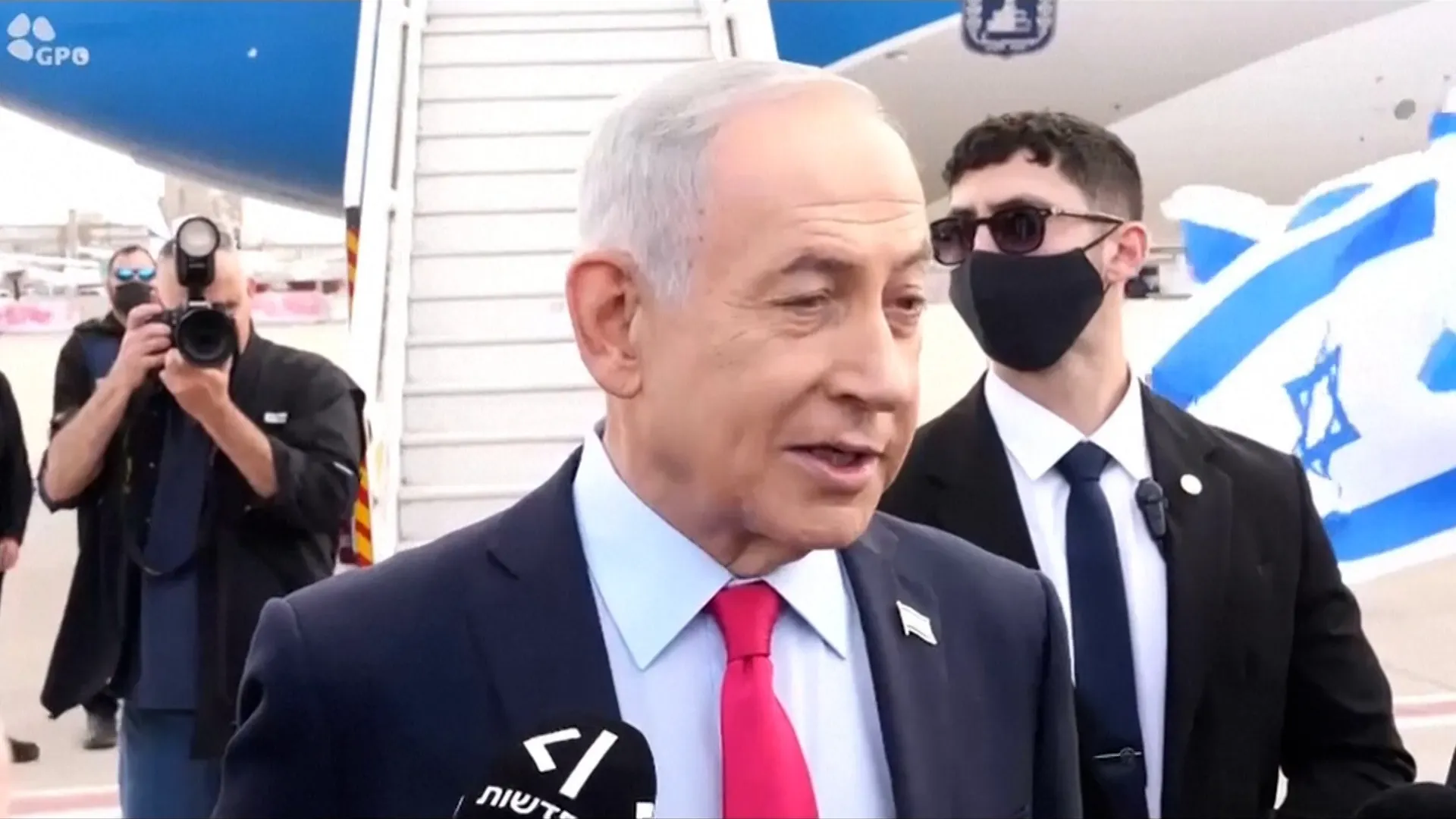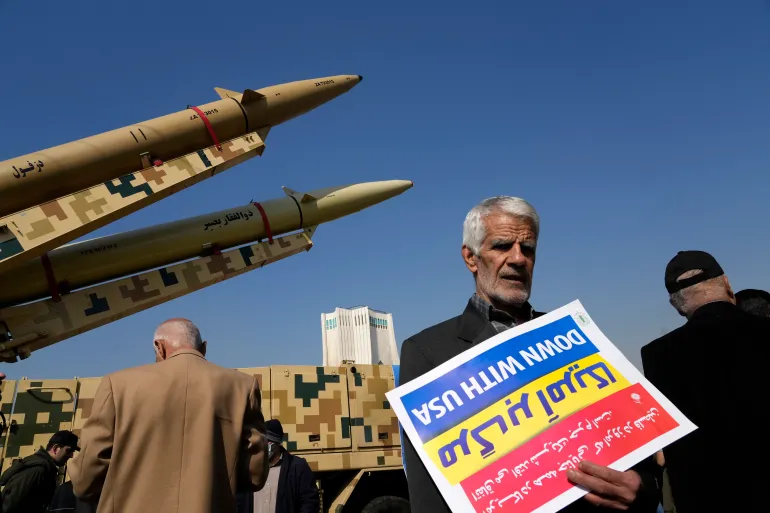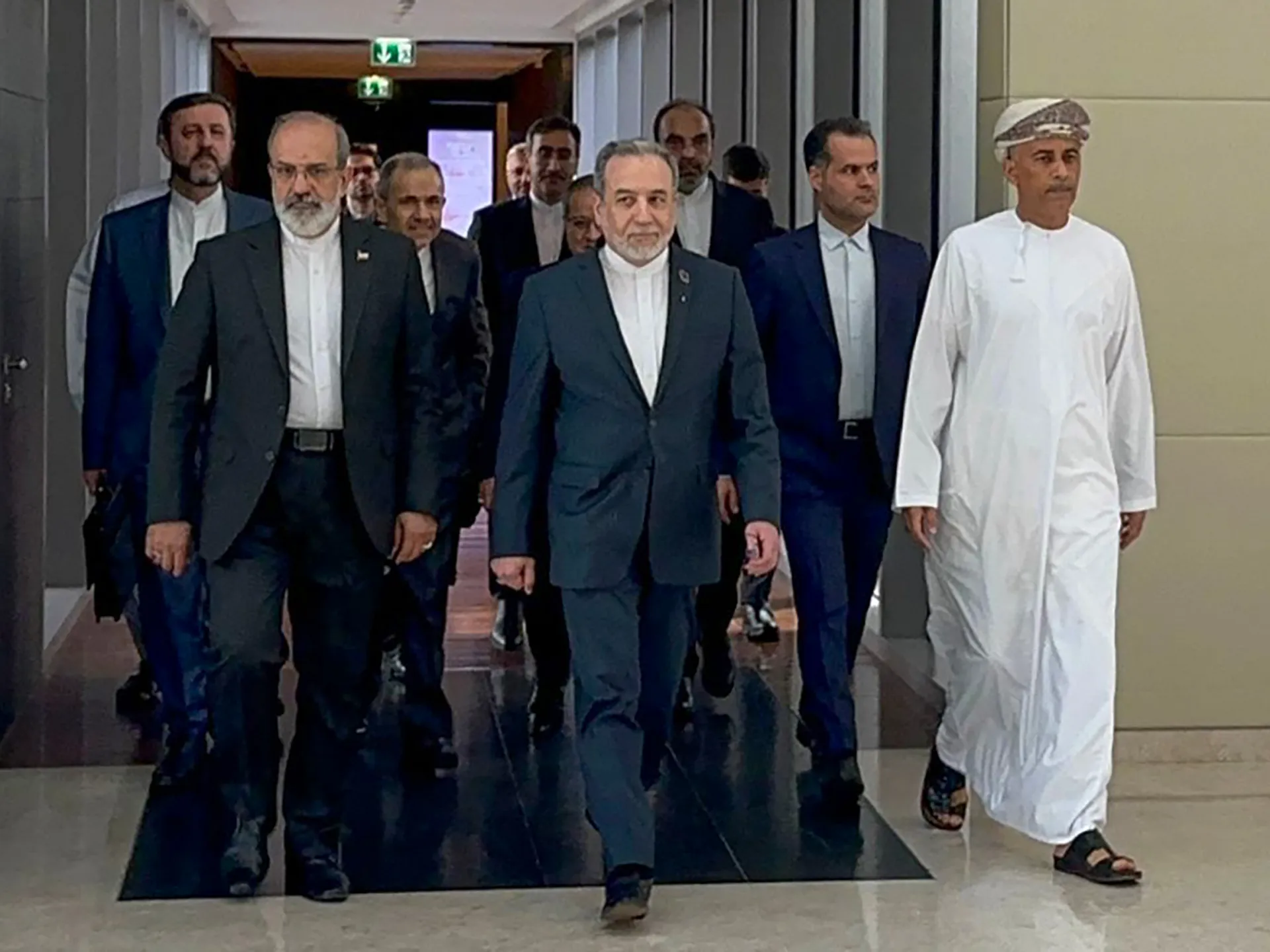Taylor Swift in top secret talks for special Brit Awards appearance
SWIFTIES assemble! Your favourite superstar Taylor could be in line to make a very special surprise appearance at next week’s Brit Awards.
Right now, there is a bit of a blank space when it comes to the exact details of her possible attendance at the celebrations.
In fact, no one seems to know what will happen on the night.
I can exclusively reveal, though, that Tay, along with an enormous entourage of more than 20 people, secretly landed in the UK this week.
I’m told they’re going to be visiting Manchester next week — the location for this year’s Brits.
Their schedule then sees them leaving the UK a week on Monday — just a couple of days after the ceremony.
Read more on Taylor Swift
My music industry mole said: “Taylor is hiding out in London at the moment and is scheduled to visit Manchester, which seems like she could be lined up for a surprise appearance at the Brit Awards.
“Taylor was handed the Global Icon Award at the ceremony back in 2021 and has a huge amount of respect for the Brits. She loves it.
“Brits bosses are trying to keep everything under lock and key, but it feels too much like a coincidence that Taylor is secretly in the UK at the exact time of the Brits.
“The fact her team are all heading home the Monday after the ceremony is fishy. Manchester is an amazing city, but Taylor wouldn’t just be coming to look at the cathedral and the Etihad, would she?”
As lovely as those landmarks are, I doubt it.
If Tay is at the city’s Co-op Live arena on February 28, I think it could be the greatest coup for the Brits. She always delivers a show, on and off the stage.
In 2015, when I was working for Heat magazine, I exclusively revealed that Taylor had hooked up with Calvin Harris at an after-party, with the pair dating for a year.
And in 2021, when she received the Global Icon Award while we were mired in Covid restrictions, she had a very safe knees-up with pals including Haim and Olivia Rodrigo.
This time around, I know Manchester is ready for one massive party and having Taylor front and centre would be phenomenal.
And given her ex Harry Styles is also on the bill, I think it could be a very exciting night.
…AND SHE’S No1 AGAIN
TAYLOR has been named the biggest-selling artist globally of 2025 – the fourth year in a row that she’s topped the list.
The singer, who also took the title in 2014, 2019, 2022, 2023 and 2024, triumphed thanks to the release of her 12th album, The Life Of A Showgirl, in October.
She is just ahead of K-pop group Stray Kids, who have become megastars around the world, despite not having chart success in the UK.
The list has been compiled by the International Federation Of The Phonographic Industry, which compiles streaming, downloads and physical formats in every country for its global artist chart.
The biggest gainer was Super Bowl headliner Bad Bunny, who hopped up from No20 in 2024 to No5, while country star Morgan Wallen rose from No13 to No7.
And there was good news for Lady Gaga.
She has re-entered the list at No10 for the first time since 2020, following the release of her album Mayhem.
10 BIGGEST GLOBAL STARS
- Taylor Swift
- Stray Kids
- Drake
- The Weeknd
- Bad Bunny
- Kendrick Lamar
- Morgan Wallen
- Sabrina Carpenter
- Billie Eilish
- Lady Gaga
JADE HAS A LITTLE HELPER IN GROOT
JADE THIRLWALL got comfort from a surprising source after stepping away from her musical roots when Little Mix went on hiatus in 2021.
She admitted walking around with a teddy version of Groot – the tree-like character from Guardians Of The Galaxy – on her shoulder as she pined for her girlband pals.
On new podcast By The Way . . . With Harriet Rose, out today, Jade said: “Little Mix, that was my life. I’m very career driven and poured everything into Little Mix.
“So when that kind of stopped, that was a massive shock to the system. I had a little bit of a mini menty-b [mental breakdown].
“I had a little teddy of Groot and started wearing it on my shoulder all the time. It was really weird.
“After Little Mix, I went on holiday with my friends and they were like, ‘Why do you keep wearing Groot on your shoulder?’. I think I was replacing the girls with Groot.
“My friends were like, ‘I think it’s time to stop wearing Groot’.”
RAYE’S REMORSE
RAYE has offered complimentary tickets and signed vinyls to fans after they were blocked from entering her show in Paris on Sunday.
She was horrified to discover 65 people were turned away due to a Ticketmaster system error, which she said “is completely unacceptable.”
Raye added: “I know this doesn’t remotely make up for this mess, but it’s all I can think of in this moment to soften the blow.”
MILEY CYRUS will take part in a special for Disney+ to mark the 20th anniversary of her breakout show Hannah Montana.
In the one-off, which is to be screened on March 24, she will be interviewed by podcaster Alex Cooper in front of a live studio audience to look back at the series.
Miley said: “This ‘Hannahversary’ is my way of celebrating and thanking the fans who’ve stood by me for 20 years.”
YELL OF A LOOK, PRIYANKA
PRIYANKA CHOPRA spread some joy in this bright yellow outfit ahead of the premiere for her new movie The Bluff.
She wore the thigh-high dress at a photocall before changing into a leather look for the Los Angeles launch of the action thriller on Tuesday night.
The actress was supported on the red carpet by her husband Nick Jonas, who she grabbed by the cheeks while leaning in for a kiss, inset.
Nick released his fifth solo album Sunday Best earlier this month, but it failed to crack the charts.
Here’s hoping her movie fares better.
SHAUN BLASTS TRUMP
US President Donald Trump winds up many people – and Shaun Ryder is no exception.
The Happy Mondays frontman has channelled that into music and written his angriest ever song about Donald, who he branded “orange, fat and bloated”.
In an exclusive chat about their new album, Shaun told me: “Trump keeps popping up.
“There’s plenty on that f***ing orange, motherf***ing waste of space.
“Although I’ve not been mentioning his name, some songs are definitely influenced by that w***er. I f***ing hate him.
“He’s just a p**ck. You might as well have me and Bez up there saying s**t. We have probably got more of a clue than he has.
“I just can’t stand the f***ing man. You can see how it’s affecting me lyrically. I wrote one song that goes, ‘You orange, fat, bloated ****! You f***ing lying, f***ing delusional t**t!’ How’s that for a chorus?”
Brilliant, Shaun.
He also takes a pop at Nigel Farage on the record and said: “Reform, f*** me.
“Every time it gets a bit tough and people haven’t got jobs, it’s ‘blame f***ing immigrants, blame this’,’ it never changes. “That’s the f***ing world, the world is on a loop.
“We never seem to learn f*** all about wars or anything.”
RITA’S TIPS TO BRUSH OFF TROLLS
RITA ORA has advice for ignoring online trolls who target her and other celebs.
The Anywhere singer recites mantras to get into a good headspace.
Rita has teamed up with tech company Meta for a video series on Instagram in a bid to help others.
She said: “You can’t be afraid of something you can’t control.
“You can’t control it, stop thinking about it. These are the mantras I say to myself every day in the mirror.”
Rita added: “Comments can cut. Every tiny thing gets magnified and everyone can see through the walls.
“Someone in the public eye may have more people looking at them but the walls are just as fragile. The doubts are really what helps me make great songs though.”
Personally, I just like to laugh at the trolls, who are always sad, decrepit nobodies, who should get off the internet and find a job.
ACTOR Daniel Radcliffe does not want the cast of the new Harry Potter HBO TV show to be compared to those in the original movies.
He was boy wizard Harry on film, but that role is now Dominic McLaughlin’s.
Daniel said: “Just let them get on with it, it’s going to be a new, different thing.
“I’m sure Dominic is going to be better than me.”
UPDATED IDOLS HAS NEW BLUD
YUNGBLUD will release six previously unheard songs on an updated version of his No1 album Idols.
Idols, Part 2 comes out tomorrow and also features his version of Zombie with The Smashing Pumpkins.
Yungblud said: “Part one was a journey that helped me reclaim my identity from the darkest position I’ve ever been in my life.
“Part two is about realising that I am alive, that I am real, that this journey I’ve been on didn’t kill me.”
Yungblud picked up his first Grammy earlier this month , and I have no doubt there will be plenty more awards to come when he finishes work on his upcoming fifth album.
ROB HITS WIG TIME
ROBERT PATTINSON is unrecognisable in this blond wig as he sits on the floor holding a ciggie.
The actor posed for Interview magazine, in which he and his The Drama co-star Zendaya interviewed each other.
Even she was puzzled about the snaps, saying: “The theme was, I don’t know.”
Rob revealed he doesn’t feel welcome in Hollywood, admitting: “I’m never really allowed in. I’m always knocking at the door, like, ‘Hey, guys. Where the party at?’
“And everyone just gets younger and younger.”




